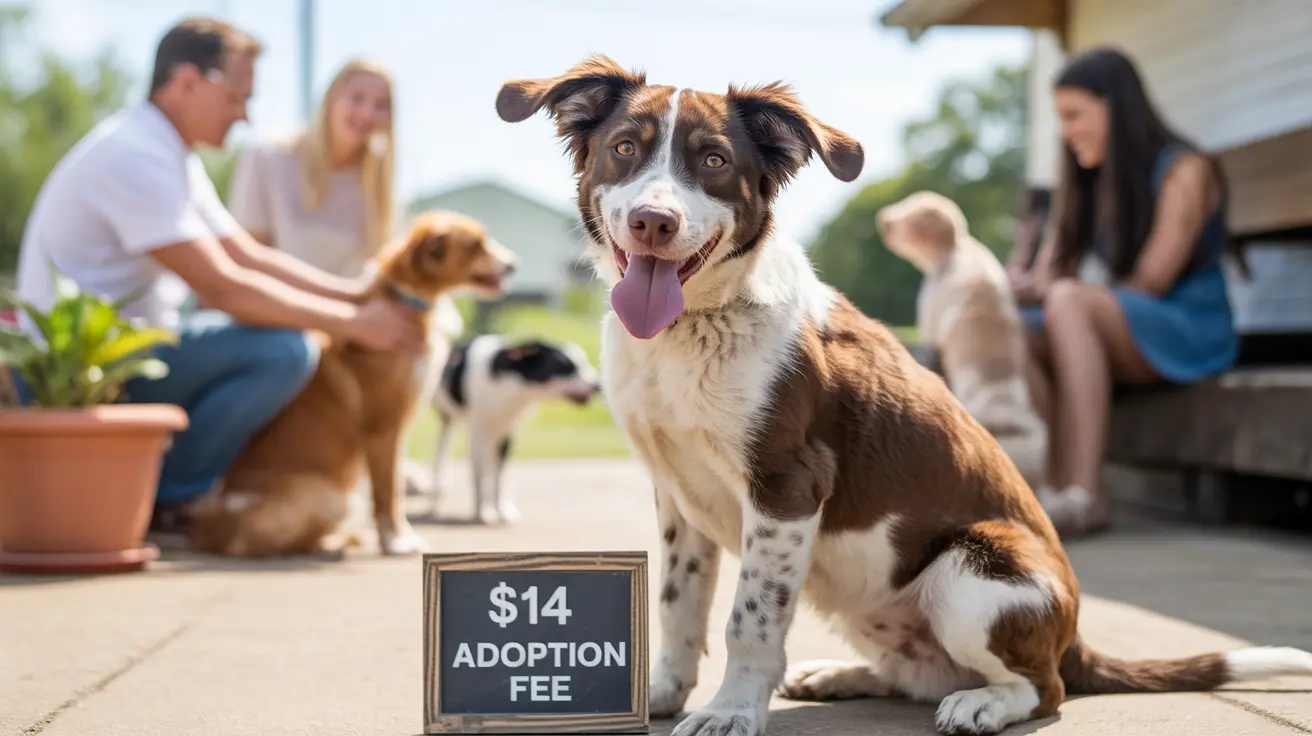Can Dogs Eat Chili with Beans? What Every Pet Owner Should Know
When it comes to feeding dogs human food, especially something as spicy and seasoned as chili with beans, it's important for pet owners to fully understand the implications. Although it may seem harmless to share a small bite with your furry companion, chili—particularly when seasoned or canned—contains ingredients that can be harmful to dogs.
Spicy Foods and Dogs: A Dangerous Mix
Many dog owners are unaware that spices commonly used in chili, such as chili powder, jalapeños, cayenne, and paprika, can cause significant discomfort and even danger to pets. The main culprit in spicy peppers is
capsaicin, a chemical that, while not typically lethal, causes a range of unpleasant symptoms in dogs, including:
- Irritation of the mouth and throat
- Excessive drooling
- Sneezing and coughing
- Respiratory distress
- Vomiting and diarrhea
- Abdominal pain and bloating
Why Chili Is Risky: Toxic Ingredients
Chili often contains ingredients that go beyond causing discomfort—they can be downright
toxic for dogs. These include:
- Onion: Can cause hemolytic anemia by damaging red blood cells
- Garlic: Even more potent than onions, causing gastrointestinal upset and red blood cell damage
- Chives: Also part of the allium family, contributing to the same toxic effects
Symptoms of allium toxicity (from onion, garlic, or chives) may not present immediately but can include:
- Vomiting and diarrhea
- Lethargy and weakness
- Abdominal discomfort
- Rapid heartbeat and breathing
- Pale gums and collapse in severe cases
Store-Bought Chili: Even Less Safe
Canned or restaurant chili poses additional concerns. Many varieties are loaded with:
- Salt: Excess sodium can lead to dehydration and sodium ion poisoning
- Fat: Can cause pancreatitis, a painful and potentially serious condition
- Preservatives and additives: Not designed for canine consumption
- Cocoa powder: Sometimes used in specialty chili, and highly toxic to dogs
What To Do If Your Dog Eats Chili
If your dog has already eaten chili with beans, observe him closely and take the following steps:
- Provide cool, fresh water to drink
- Offer plain yoghurt or milk (if your dog is not lactose intolerant) to soothe the mouth
- Wipe down your dog’s paws and muzzle to remove any spicy oil residues
- Feed a bland diet—plain boiled chicken, white rice, or plain mashed potatoes—to ease digestion
Avoid inducing vomiting without veterinary guidance. It could cause further damage depending on the substance ingested.
When to Contact Your Veterinarian
Seek veterinary attention immediately if:
- Your dog has consumed large amounts of chili or known toxic ingredients like onions or garlic
- You notice persistent vomiting, diarrhea, pale gums, fatigue, or signs of dehydration
- Your dog is very young, elderly, pregnant, or has existing health conditions
Veterinary interventions may include:
- Inducing vomiting (in clinic)
- Administering activated charcoal to bind toxins
- IV fluids to combat dehydration
- Monitoring and hospitalization for severe cases
Beans in Chili: Are They Safe?
Though beans themselves are not inherently toxic to dogs and often appear in commercial dog food, the context matters. In chili, beans are usually cooked with high-fat meats, tomatoes, onions, and spices—all of which are problematic. While plain, cooked beans in moderation are generally safe, beans in
spicy seasoned dishes should be avoided.
Bell Peppers: A Safe Alternative
For dog owners wanting to share a pepper treat, bell peppers are a good alternative. They contain:
- Vitamin A: Important for vision and immune health
- Vitamin C: Antioxidant benefits
- Fiber: Aids digestion
However, ensure they’re plain, unseasoned, and cut into small, easily digestible pieces. Remove seeds and stems, and don’t overfeed—overconsumption can still cause digestive issues.
Safe Treat Options Instead of Chili
Instead of giving your dog chili, consider these safer human food treats:
- Boiled chicken
- Plain rice or pasta
- Steamed carrots
- Green beans
- Apple slices (without seeds)
Final Thoughts
Feeding dogs chili with beans is not recommended due to the risk of gastrointestinal distress, toxicity from seasonings, and other health complications. It's best to stick to dog-appropriate diets or plain, bland human foods that have been verified as safe. Always educate your household members about the dangers of sharing spicy or seasoned food with pets, and keep such items well out of reach.
When in doubt about any human food, consult your veterinarian to ensure your dog’s safety and health.





